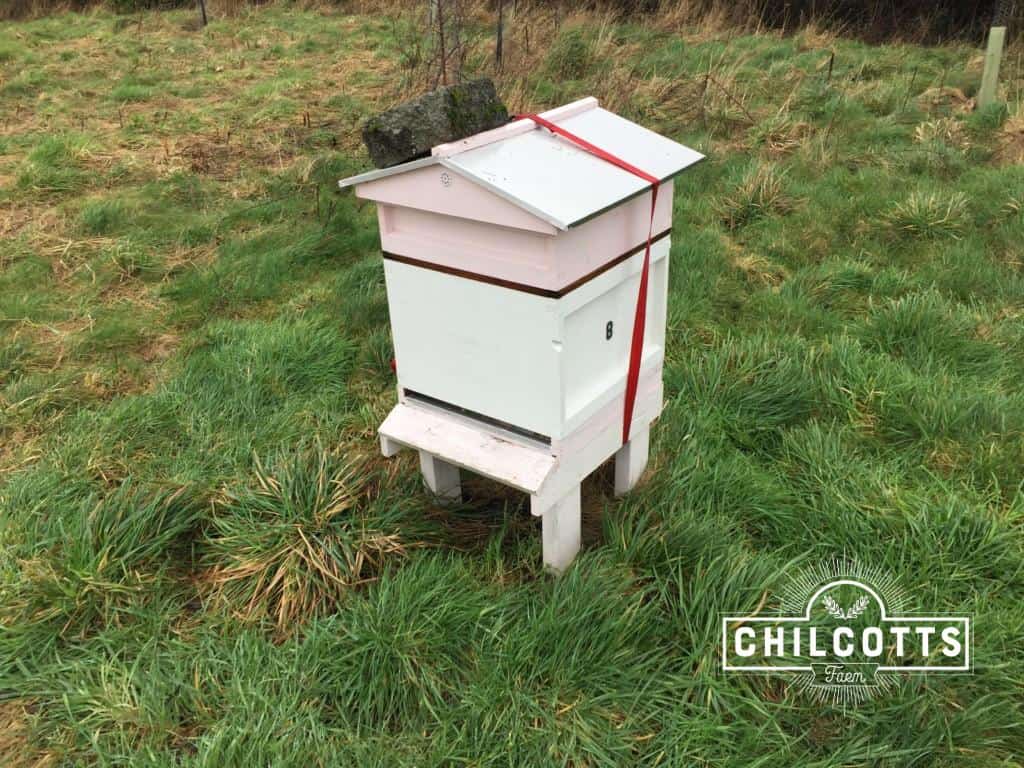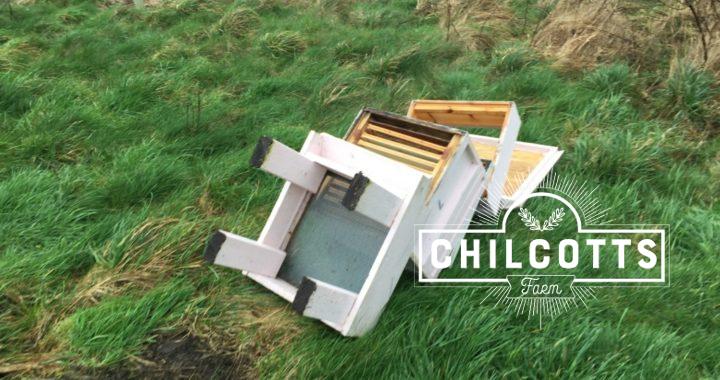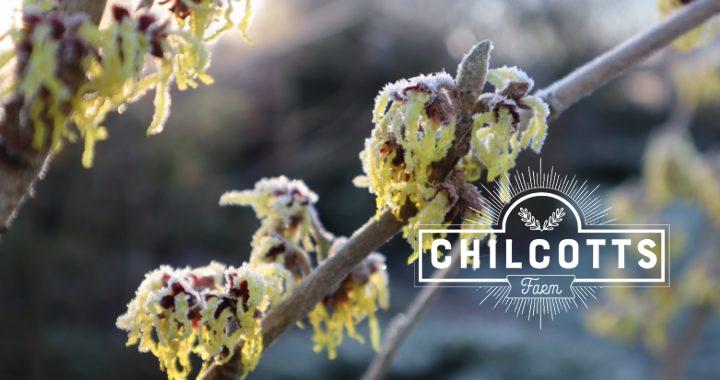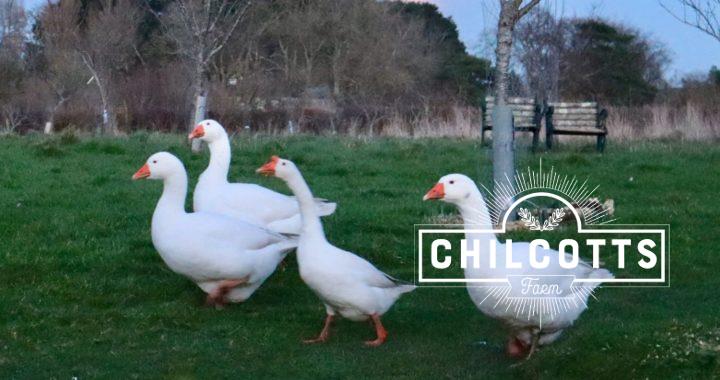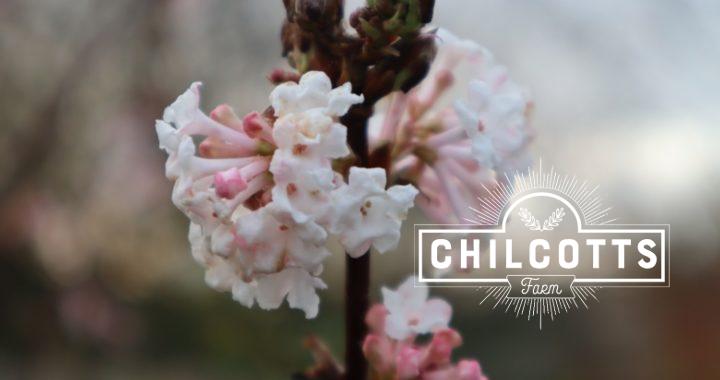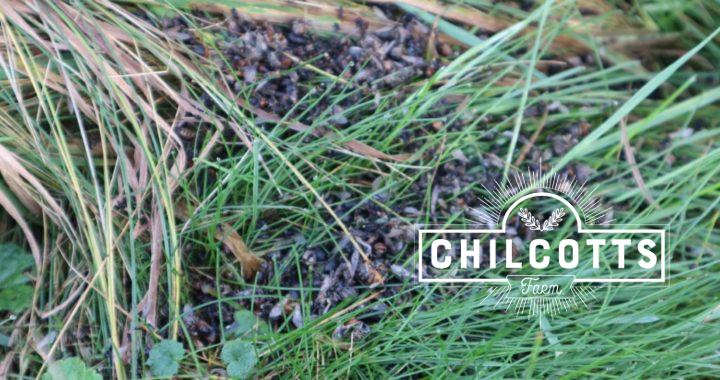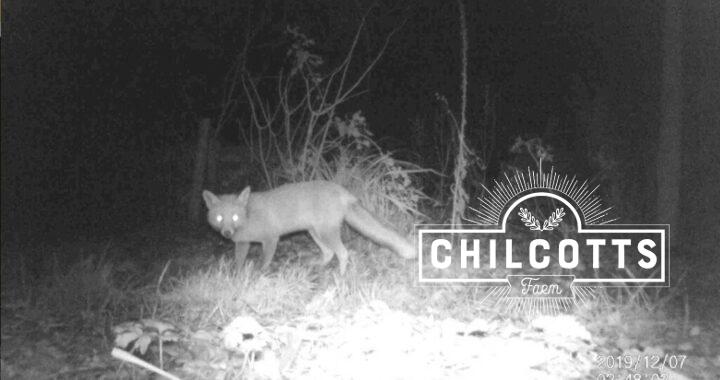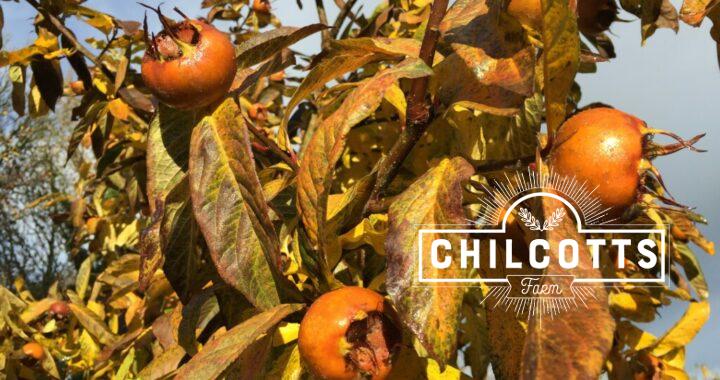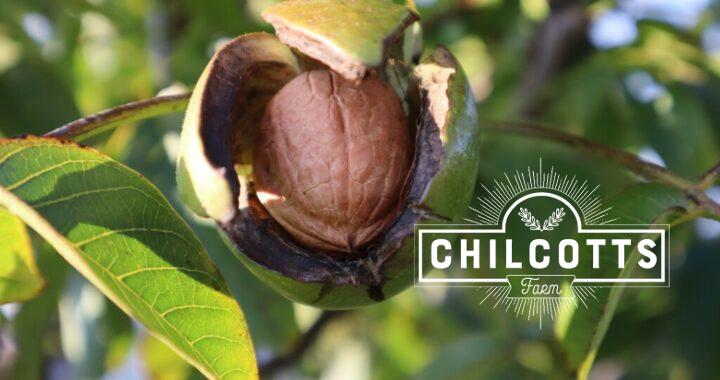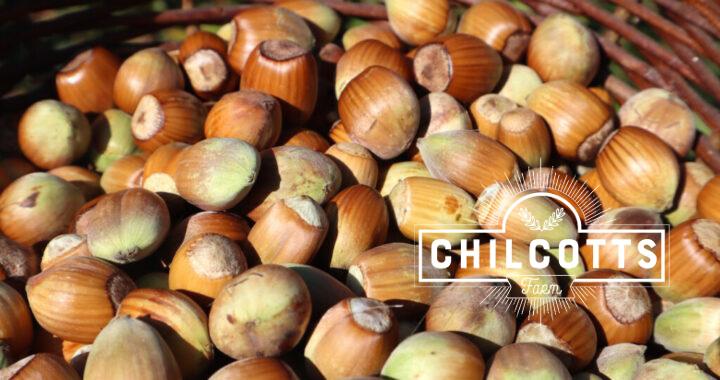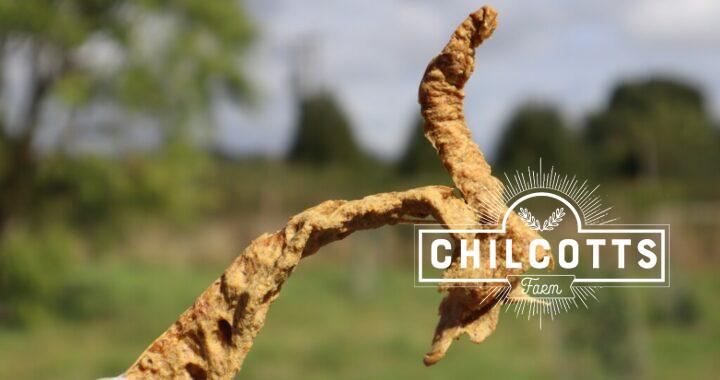Well wouldn’t you bee unhappy too if your house has been blown over, and you are exposed to all the elements?
I can see the hives from the house and am always keeping an eye on the them checking all is well.
Everyone had been warning us about #StormCiara, but for some reason I didn’t think about the hives. This morning when I got up, the hives were fine, but the wind was gusting. The BBC website said gusts up to 70 miles per hour.
Mid morning, one of the hives blew over! Spotted as it happened, I shot out to pick the hive up to protect the poor bees from the wind and rain. As I upped the hive and went to get some blocks and straps to to put on the roof and hold it down, it blew over again!
Angry, unhappy bees is an understatement! Poor things. Anyway, I managed to up the hive again (Four stings later – four little bees obviously managed to get into my bee jacket) I weighed it down with bricks and strapped it together. I then strapped all the other hives down too.
Fingers crossed the queen has not been damaged, and all the girls will support her as she starts to lay in the coming weeks.
